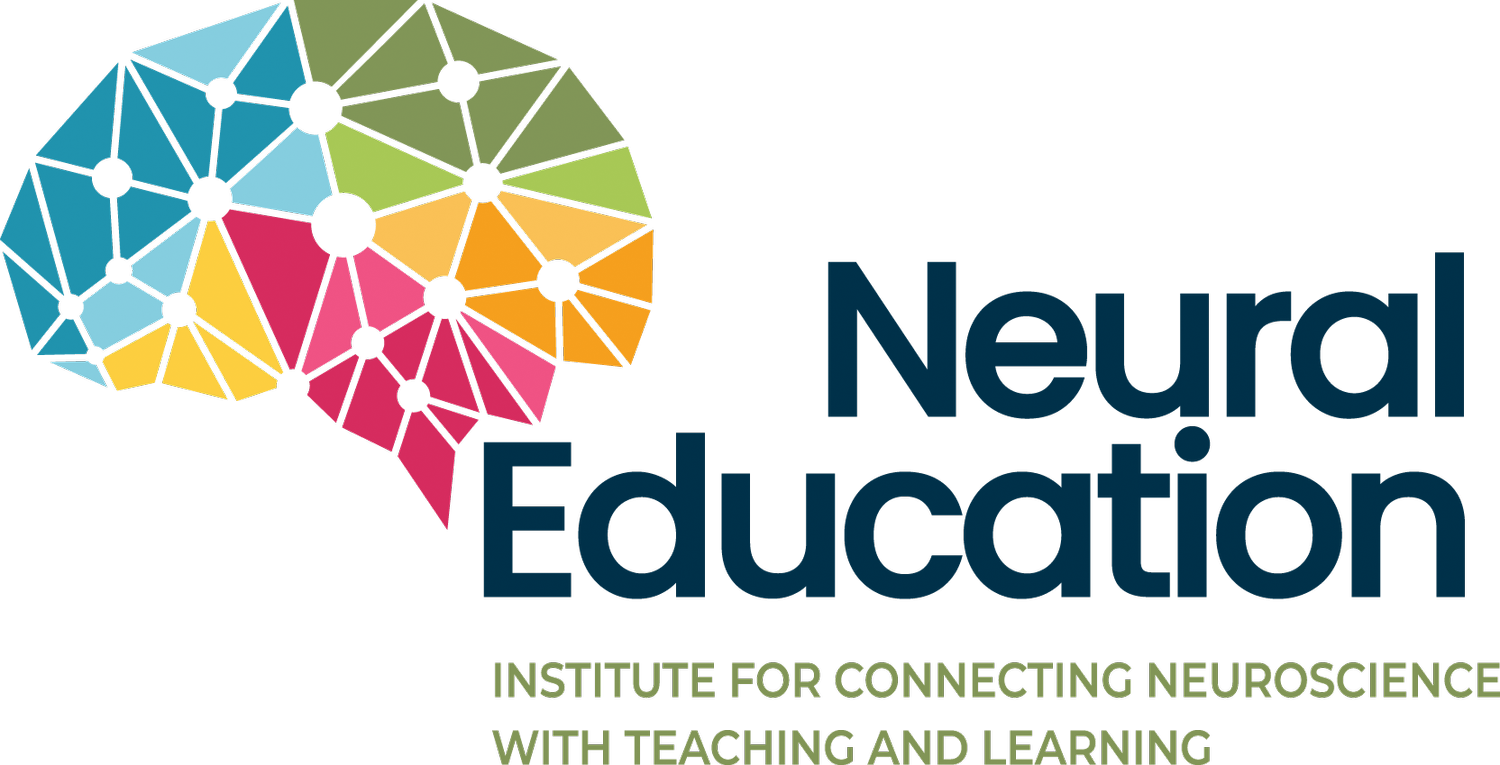Situational Leadership
The social impact of teachers on the educational and professional trajectory of youth is substantial and can be life-changing for our future adult members of society. There is growing evidence that anxiety, depression, and punitive practices in schools are impacting our most vulnerable youth. We have to shift our practice of waiting and hoping that politicians, curriculum companies, and costly initiatives will “fix” education. Situated leadership utilizes a different lens and uses the magic and expertise that is in the room. Instead of implementing outside leadership, it allows an opportunity for educators to become adaptive experts in their field. Schwartz discusses how humans are natural problem solvers (2013). Creating collaborative spaces in education allows experts in the room to co-create solutions. Adaptive challenges involve situations that look at solutions that are individualized (Drago-Severson, 2009) – which is what we need for some of our most sensitive students.
An example of bringing in outside initiatives instead of promoting adaptive expertise is using reward and punishment systems that are required in the classroom. The initiatives promise big results and come with a high price tag. Educators are expected to utilize the systems in their classrooms, regardless of their impact on individual students. Many of these systems have a “social evaluative threat” component. It showcases the “good” students in an attempt to eliminate the “bad” behaviors. Unfortunately, it just creates a deeper divide between students and educators. Social-evaluative threats like behavior clip charts, Class Dojo, and Table Team points (with only one winning table), and Positive Behavior Intervention Systems (PBIS) ticket systems – are used to manage unexpected behaviors and uphold social norms. Many argue that they prepare students for an unforgiving world. But the research doesn’t support this notion as a positive impact on outcomes. Task difficulty and cognitive load do not have the same physiological stress response as social-evaluative threat. Social-evaluative threat leads to greater cortisol and cardio-vascular response (Woody, Hooker, Zoccola, & Dickerson, 2018).
Unfortunately, these problem-solving experiences are rare in the educational system which prevents educators from developing adaptive expertise. Top-down initiatives, scripted curriculum, and long-established white middle-class norms set the stage for students and educators to follow models of compliance. The reality is that we must utilize the expertise in the room and shift our punitive and progressive systems that marginalize students, pave the school to prison pipeline, and avoid solving the underlying issues to unexpected behaviors. We can do this by inviting students, parents, and educators into the room to co-create individualized solutions. That is leadership that is situational - not institutional!
References
Drago-Severson, E. (2009). Leading adult learning. Thousand Oaks, CA: Corwin: A SAGE Company.
Schwarz, R. (2013). Smart leaders smarter teams: How you and your team get unstuck to get results. San Francisco: Jossey-Bass.
Woody, A., Hooker, E. D., Zoccola, P. M., & Dickerson, S. S. (2018). Social-evaluative threat, cognitive load, and the cortisol and cardiovascular stress response. Psychoneuroendocrinology, 97, 149-155. doi:10.1016/j.psyneuen.2018.07.009
